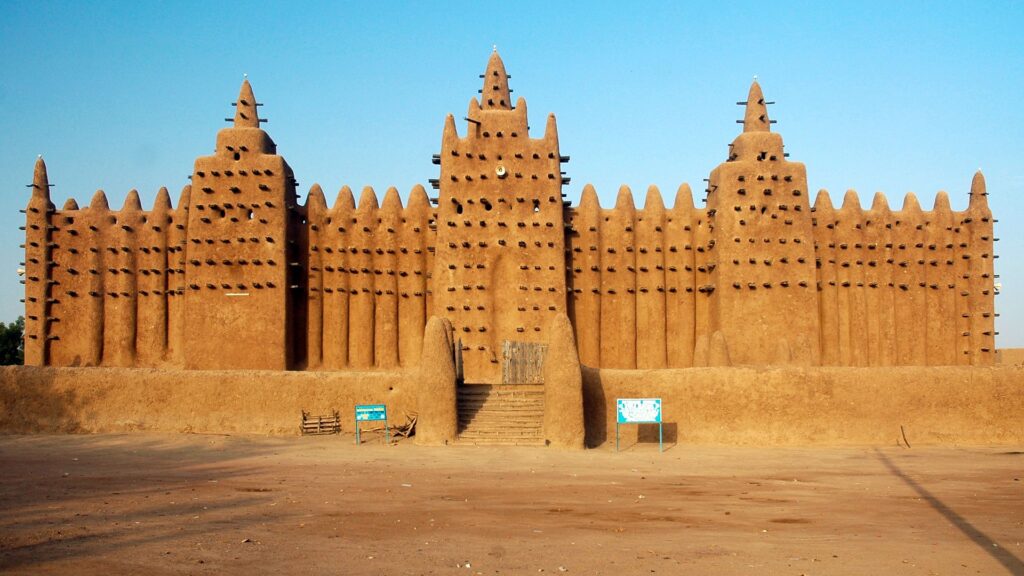Ségou is a region located in southern Mali, known for its rich cultural heritage and historical significance. The region's capital, also named Ségou, is a bustling city situated on the banks of the Niger River.
Ségou has a long history as a center of trade and commerce, dating back to the time of the Mali Empire. The region was a major player in the Trans-Saharan trade routes and served as a hub for the exchange of goods between North Africa and West Africa.
One of the region's most famous landmarks is the 19th-century Ségoukoro Mosque, a beautiful mud-brick structure that is a testament to the region's architectural prowess. The mosque is still in use today and serves as a focal point for the local community.
In addition to its historical sites, Ségou is also known for its vibrant arts and culture scene. The region is home to many talented artisans who produce traditional crafts such as pottery, textiles, and wooden carvings. Visitors to Ségou can explore local markets and workshops to see these craftsmen at work.
Ségou is also famous for its annual Festival sur le Niger, a vibrant celebration of music, dance, and art that brings together artists from all over Mali and beyond. The festival is a highlight of the region's cultural calendar and attracts visitors from far and wide.
Overall, Ségou is a fascinating destination that offers a unique blend of history, culture, and natural beauty. Whether you're interested in exploring ancient ruins, shopping for handmade crafts, or enjoying live music performances, Ségou has something to offer every traveler.
What to explore:
1. Ségoukoro: This historic town, located just outside of Ségou, is known for its traditional mud-brick architecture and historical significance as the former capital of the Bambara Empire.
2. Ségou Arts Village: This cultural center showcases the work of local artisans, including pottery, textiles, and sculpture. Visitors can watch artisans at work and purchase unique handmade souvenirs.
3. Ségou Grand Mosque: This beautiful mosque, located in the heart of Ségou, is a prominent landmark in the city and a popular tourist attraction. Visitors can admire its intricate architecture and learn about the history of Islam in Mali.
4. Ségou River: Take a boat ride along the scenic Ségou River, which runs through the city and offers picturesque views of the surrounding countryside. Visitors can also enjoy fishing, birdwatching, and picnicking along the riverbanks.
5. National Museum of Ségou: This museum features exhibits on the history and culture of the Ségou region, including artifacts, photographs, and traditional crafts. Visitors can learn about the area's rich heritage and diverse communities.
6. Ségou Market: Explore the bustling market in Ségou, where you can shop for local produce, crafts, and souvenirs. Sample traditional Malian cuisine, such as grilled fish and tigernut milk, and immerse yourself in the vibrant atmosphere of the market.
7. Ségou Pottery Village: Visit the nearby village of Kalabougou, known for its pottery workshops and traditional ceramics. Watch skilled potters at work, learn about the local techniques, and purchase handmade clay pots, vases, and tiles.
8. Fula Village: Take a guided tour of a traditional Fula village near Ségou, where visitors can learn about the culture, customs, and daily life of the Fula people. Explore the thatched-roof huts, meet local villagers, and experience a different way of life in rural Mali.
